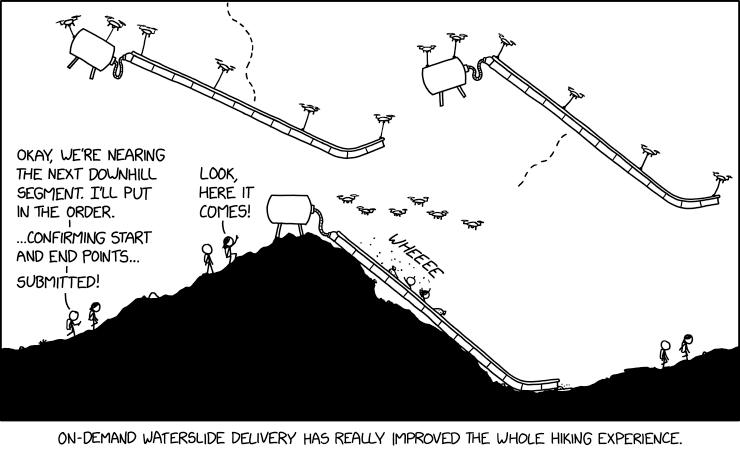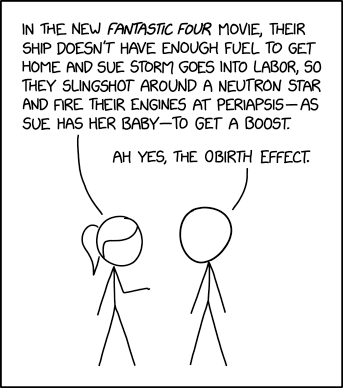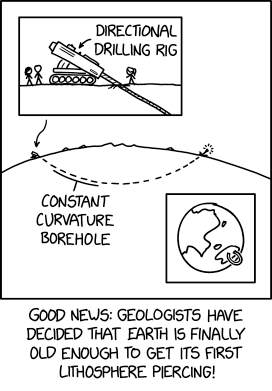Posted by Athena Scalzi
https://whatever.scalzi.com/2025/09/25/having-dinner-with-four-strangers-in-columbus/
https://whatever.scalzi.com/?p=57471
 To some people, sitting at a table with several unfamiliar faces and being expected to make small talk is a nightmare scenario. The anxiety creeps in of what to say, which topics to discuss (or avoid), and if you’re going to be judged for ordering an appetizer and dessert.
To some people, sitting at a table with several unfamiliar faces and being expected to make small talk is a nightmare scenario. The anxiety creeps in of what to say, which topics to discuss (or avoid), and if you’re going to be judged for ordering an appetizer and dessert.
Such was the situation I found myself in last night after I signed up for Timeleft, a company with the goal to help you make meaningful connections with peers from your city.
I had never heard of Timeleft before, but two weeks ago I got an ad for them on Instagram. I won’t lie, the idea of dining with complete strangers was immediately interesting to me, as I love meeting new people, getting to know others, and making friends. What are strangers but friends you have yet to meet? So I went to their website and checked it out.
To my surprise, Timeleft is available all over the world. Sixty different countries and three hundred cities, including Cincinnati, Columbus, and Cleveland. I was delighted to see that I really had my pick of Ohio cities, though I would love for Dayton to be on that list. Cleveland is a bit too far, but Cincinnati and Columbus are both about two hours, so I ended up picking Columbus as my city because I prefer the driving, parking, and dining scene over Cincinnati.
First, you take a personality test to determine who else should be at the table with you. Timeleft asks things like what field you work in, what kind of movies you like, if you’re married or have kids, if you like to talk about politics, if you’re a planner or more spontaneous, basically just some standard questions to see who you would, on paper, be compatible with.
After you take the test, Timeleft pairs you with five strangers to have dinner with, and the restaurant is a mystery to everyone until the day of the dinner. One thing I thought was really cool is that you can choose different levels of budgets for your dining experience. There’s $, $$, and $$$. Obviously I picked $$$, because if I’m going to drive to Columbus for dinner, I want to eat somewhere nice (also, I’m just bougie, so). You can also mention any dietary restrictions you have, as well.
Timeleft books the restaurant reservation for you all, and you just show up to the restaurant, meet your dining companions, and spend the next couple hours getting to know each other and sharing a meal together. Not sure what to say? Timeleft actually provides ice breaker games and questions to get the ball rolling.
After the dinner is done, every Timeleft group in the city is invited to an Afterparty. Timeleft chooses a bar for everyone to meet at to have a drink to close out the night. Once you’ve finished the evening, Timeleft asks you who you’d like to keep in contact with, and if you match you can message each other through the app. (Or you can just exchange contact info right then and there if you want. That’s pretty much what ended up happening for me, anyway.)
So that’s how it works! Pretty simple, and very stress-free since they pick and book everything for you! It was nice to have the reservation handled, and just have to show up.
Timeleft isn’t a dating site, it’s meant for platonic connections and people seeking friends in their city. It’s meant for screen-free conversations and connections with people you wouldn’t have normally met otherwise. I think it’s a really cool concept, and I was super excited to try it out.
So let’s talk about how it went.
The initial ad that I got for Timeleft was them rolling out their new Ladies Only dinner. This was what I tried to sign up for, as I have really been wanting more gal pals lately. Not that I am opposed to befriending men, obviously, but as I get older, I’ve started to really want more genuine female companionship. And not that I don’t already have some super close girlfriends currently, because I definitely do and I’m super grateful for them and our friendship, but who couldn’t use one or two more, right?
Anyways, I couldn’t figure out how to sign up for the Ladies Only one, despite clicking on the ad that was advertising them. I figured I might as well just sign up for a regular one.
I ended up dining at Z Cucina di Spirito in Dublin with four guys. There was supposed to be another girl, but she actually ended up no-showing.
In my group, our ages ranged from 25 to 32, and everyone except me lived in the Columbus area. There was one other person whose first time it was, but the other group members had done a couple of these before, and two of them had even dined with each other in a previous dinner. Between the five of us, our professions were all over the place, as well as our tastes in music, though we did seem to agree on some favorite colors. We talked about travel, movies, concerts, places previously lived, and some bad dates.
While this post isn’t meant to be a restaurant review of Z Cucina, I will say I did like it. The atmosphere was nice, it was a very pretty place, and the food and drinks were quite good. I was the only person to order an appetizer (I did share, because I think food is best enjoyed that way), but everyone did order dessert, so that’s a green flag in my eyes.
I got two cocktails; a Basil-Gin Smash and an Empress, and both were really nice. The bread for the table came with this super yummy red sauce that was surprisingly flavorful. My main was their Bucatini Al Nero Di Seppia, which was squid ink pasta with mussels, clams, shrimp, and scallops, and that was so good. I thought the shrimp and scallops were really excellent, and I’m happy I finally got to try squid ink pasta! I’ve wanted to for so long. Plus, the tiramisu was a huge slice, and I have no complaints about it.
I would say the thing I was the least impressed with was the appetizer. I ordered the Stuffed Risotto Fritters and they were fine but nothing amazing. I will say they were piping hot, though, and it came with four of them.
So, all in all, I really liked the dining location Timeleft picked, and I think they did a good job with my budget choice. Since it was Wednesday, the restaurant was not crowded at all. There was really only a few other people, so it was nice that it wasn’t too loud and no one in my group had to shout across the table.
We all decided to go to the second location, The Pint House in the Short North. My group only ended up finding one other Timeleft group, which was a really friendly group of older ladies and gents. One of them had thirteen grandkids! It was really cool to see that Timeleft isn’t just for young whippersnappers, it’s seriously for anyone and everyone, and proof that you can find people your age and with your interests that also want to make friends! It just felt really wholesome.
I felt really comfortable the whole time, I wasn’t worried about anyone being a weirdo, and we all exchanged numbers at the end. It was so nice to meet people that I would’ve never come across without Timeleft, and it’s honestly just awesome to see how many other people out there are looking to go and meet new people and make friends.
All in all, I really liked dining and talking with everyone I met, and I can’t wait to attend another Timeleft dinner.
Would you give Timeleft a try? Does the idea of dining with strangers scare you, or does it sound super exciting and fun? Let me know in the comments, and have a great day!
-AMS
https://whatever.scalzi.com/2025/09/25/having-dinner-with-four-strangers-in-columbus/
https://whatever.scalzi.com/?p=57471









































 To some people, sitting at a table with several unfamiliar faces and being expected to make small talk is a nightmare scenario. The anxiety creeps in of what to say, which topics to discuss (or avoid), and if you’re going to be judged for ordering an appetizer and dessert.
To some people, sitting at a table with several unfamiliar faces and being expected to make small talk is a nightmare scenario. The anxiety creeps in of what to say, which topics to discuss (or avoid), and if you’re going to be judged for ordering an appetizer and dessert.








